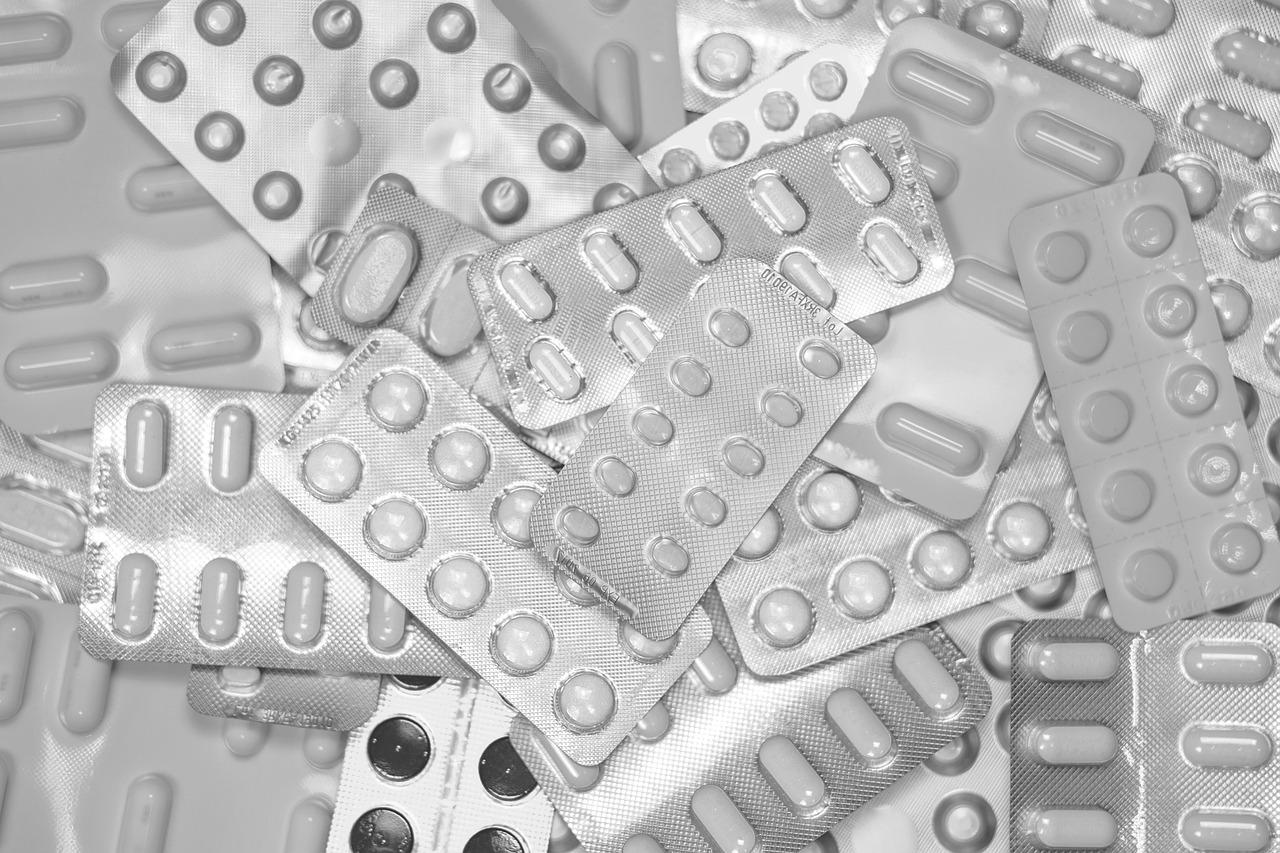
Image Source: Pixabay
Getting medications quickly and safely is a constant challenge for many people. Some can't drive to pharmacies due to illness or disability. Others live in remote areas far from medical facilities. And during health emergencies, leaving home to get medicine isn't always possible.
With medical delivery apps, people can get their medicines sent to their homes, which fixes these problems. However, only some apps for medical services are the same. It is estimated that by 2032, the market for this service will be worth $4.8 billion. Because of this rise, more apps are out there, but only the ones with the right features can keep people safe and healthy.
Medical deliveries need much stronger security than regular package deliveries. Every medical delivery app needs solid prescription verification. This means letting users upload prescriptions in different formats - photos, PDFs, or direct submissions from doctors. But just accepting uploads isn't enough. The app must have automated systems to check whether prescriptions are valid.
The app also needs strict user verification. You need multiple ways to prove who you are, like a password, a fingerprint scan, or a face recognition system. The only way to stop data theft is to encrypt all information about patients and medicines. Regarding private medical data, the app has to follow HIPAA rules strictly.
Patients need to know exactly where their medicine is and when it will arrive. Among essential medical courier app features, real-time tracking is crucial - showing exactly where deliveries are on a map and providing accurate arrival times.
The app must also consistently monitor temperature for medications that must stay within a specific temperature range. This ensures that delicate medications remain effective until they reach the patient.
The app needs to manage medication. It needs to monitor the medicines available, set up refills before patients run low, and monitor expiration dates. The app notifies the pharmacy and the delivery team when supplies run low, preventing delays that could leave patients without crucial medications.
A medical delivery app isn't helpful if patients don't understand their medications. That's why detailed medication information is crucial. The app should tell patients exactly how to take their medicine, what side effects to watch for, and what other drugs might cause problems. People should be able to try different medicines, especially if their regular prescription isn't available or too expensive.
In medical scenarios, having access to instant help makes a lot of difference. App users should be able to reach pharmacists anytime, day or night, for help. If someone worries about their medication at midnight, they shouldn't hold off until morning to get answers. Some prescriptions are too urgent to wait for regular delivery periods; therefore, an emergency delivery option is crucial.
Medical deliveries often involve insurance and complex payment situations. These are easy for a good app to handle. You should be able to pay in several ways, file insurance claims, and split costs as needed. There should also be a way for the app to charge people immediately for refills if they take their medicines daily. That way, issues with payments won't cause holdups.
The app also needs smart order handling. Prescriptions for emergencies should move to the front of the delivery line immediately. Clear rules for returns and swaps, especially for incorrect or damaged medications, are also important.
These apps do more than send packages; they also help people stay healthy. Strong security protects sensitive medical information. Real-time tracking and smart operations ensure medications arrive safely and on time.
User-focused features and clear medication information help patients stay informed and healthy. Smooth payment systems with quality controls make the whole process work better for everyone.